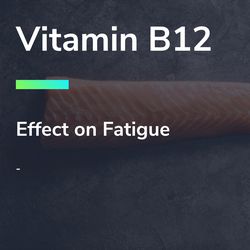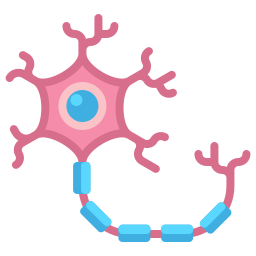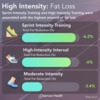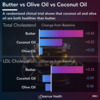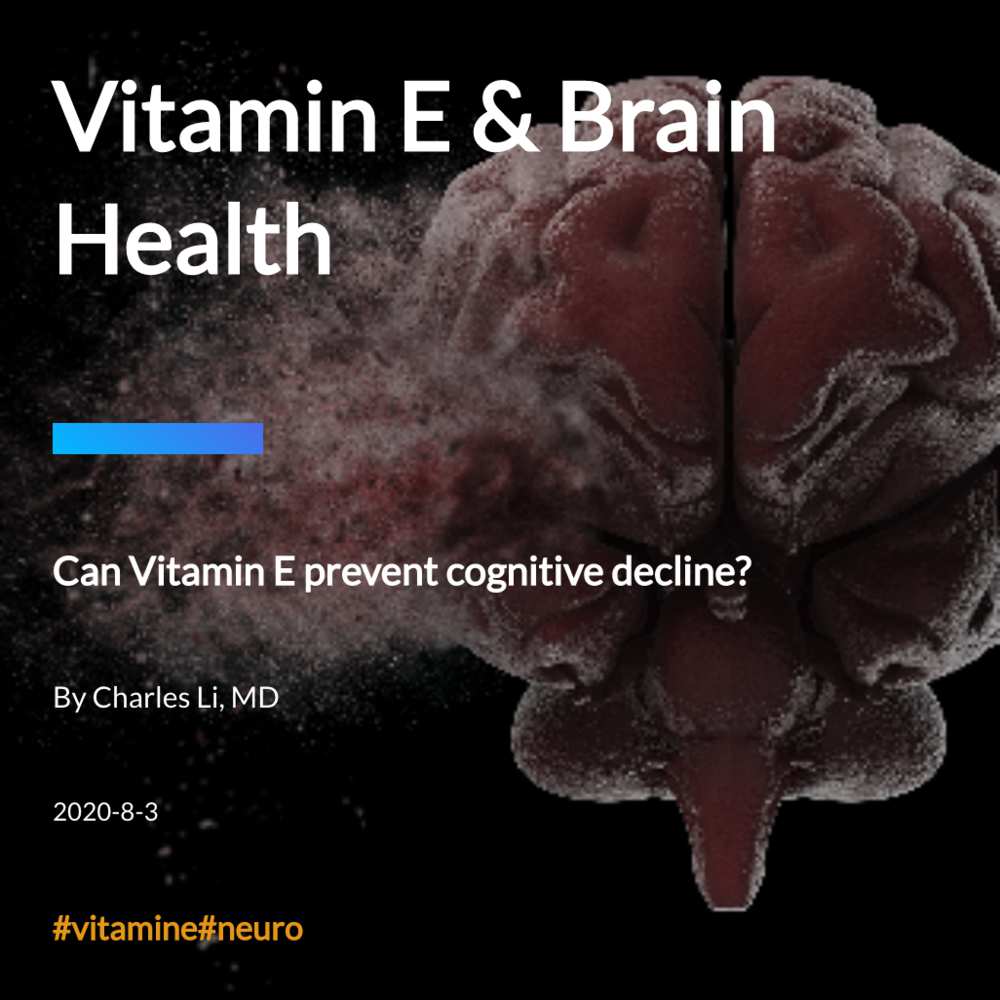
Key Facts

1. Vitamin E rich foods is good for your brain
One study (below) found that eating foods with a lot of Vitamin E correlates with a lower rate of cognitive decline. Vitamin E foods are literally good for your brain.

2. Vitamin E supplements might not help
However, taking vitamin E supplements may not help. Clinical trials looking at Vitamin E have not demonstrated significant benefits for Vitamin E yet.

3. Risks of Vitamin E
Vitamin E in high doses isn't completely harmless. It has been linked to cancer and higher overall mortality.
Background
The Basics
Key Facts
Key Facts
- TypeFat Soluble
- Other Namesα-tocopherol
- SourcesDiet, Liver
Appearance

Uses:

Antioxidant

Inflammation

Immunity
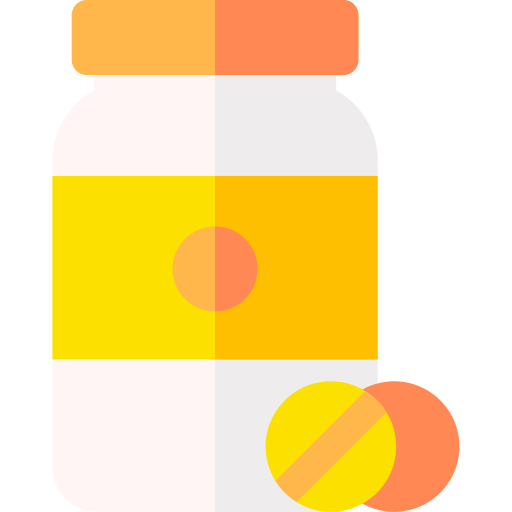
Amount per day
15mg
Source: Institute of Medicine

Types of Foods
Nuts & Seeds
Sunflower seeds, wheat germ, and almonds

Deficiency
Rare in healthy individuals

Study 1
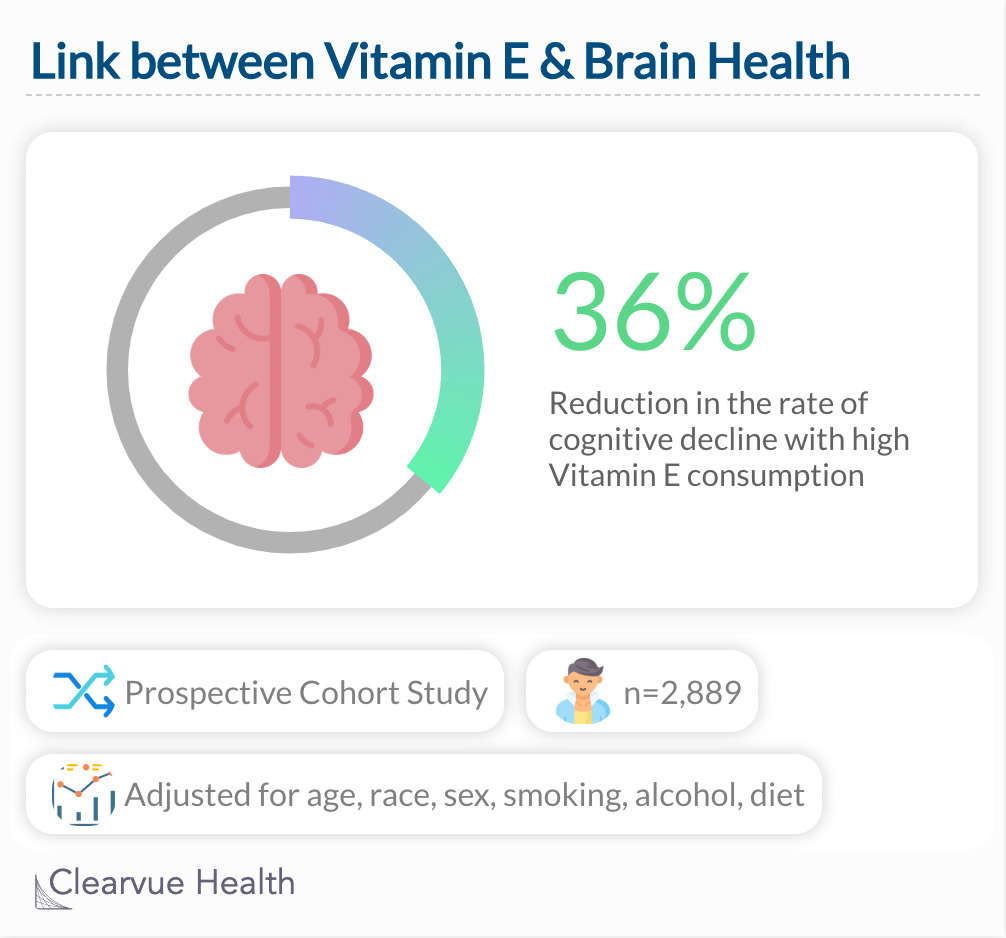
A study looking at the dietary habits of 2,889 individuals found that those who had a lot of Vitamin E in their diet had a lower rate of cognitive decline compared to those who did not.
Data Source
"Vitamin E intake, from foods or supplements, is associated with less cognitive decline with age."
Study 2
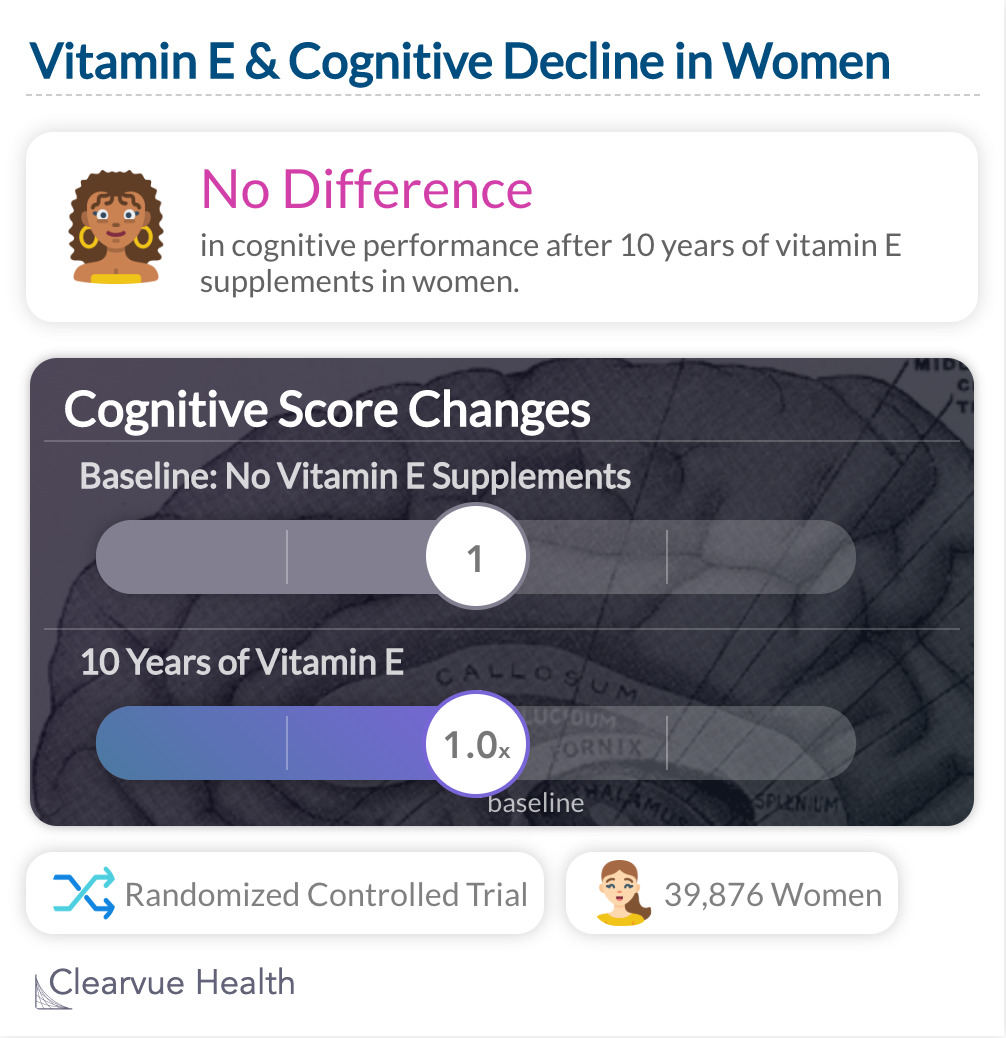
A study looking at nearly 40,000 women found that those who took vitamin E supplements had no difference in cognitive score compared to those who took a placebo control: 9.6 years of treatment: mean difference, 0.00; 95% CI, -0.04 to 0.04
Data Source
"Long-term use of vitamin E supplements did not provide cognitive benefits among generally healthy older women."
Vitamin E Risks
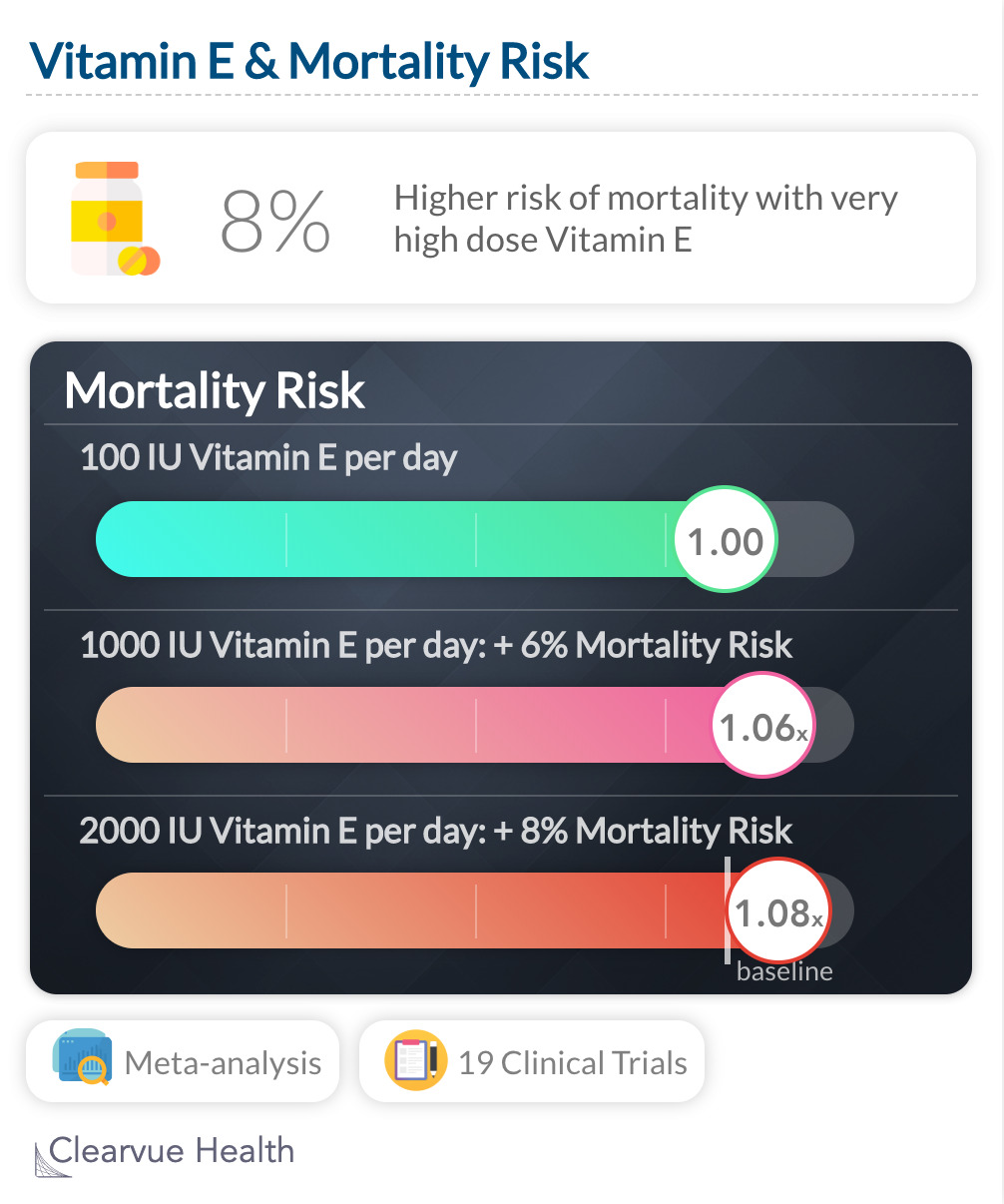
A meta-analysis that studied 19 clinical trials covering 135,967 participants found that Vitamin E supplements may be linked to higher mortality. 9/11 trials showed a higher risk of death with Vitamin E supplements. This effect was found to be highly significant, P = 0.035 for high dose Vitamin E supplements.
More Info

#vitamine
Scroll for more ->


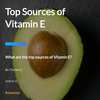


#neuro
Scroll for more ->




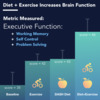
#new
Scroll for more ->
